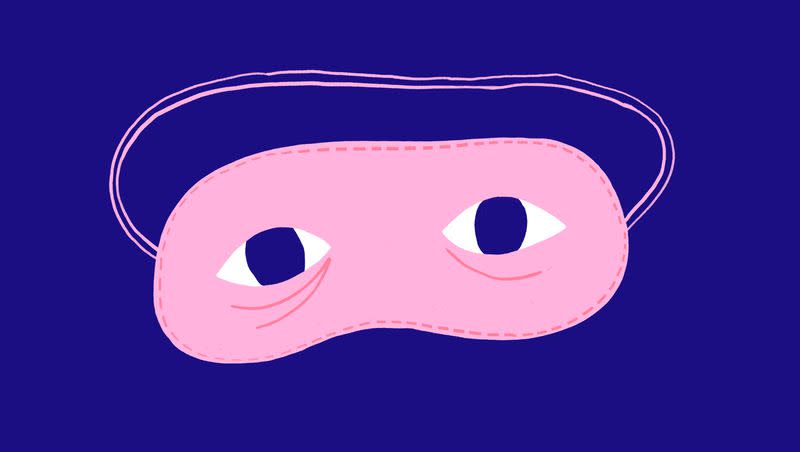Do ‘short sleepers’ have greater risk of depression later in life?

There seems to be a link between short sleep — less than five hours a night — and developing depression symptoms later in life, according to a large genetic study from London released this week in the journal Translational Psychiatry.
Researchers from University College London looked at health data from 7,146 people who were at least age 50 (the average age was 65), following them for about eight years. They found the short sleepers were 2.5 times more apt to show signs of depression than those who slept the recommended seven hours a night. The study participants were recruited by the nationally representative English Longitudinal Study of Ageing.
In a news release, the study authors reported that while “historically, poor sleep has been seen as a side effect of mental ill health, this study found that the link between sleep and mental illness is more complex.”
“We have this chicken or egg scenario between suboptimal sleep duration and depression. They frequently co-occur, but which comes first is largely unresolved,” said lead author Odessa S. Hamilton, of University College London’s Institute of Epidemiology and Health Care, in a written statement. “Using genetic susceptibility to disease, we determined that sleep likely precedes depressive symptoms, rather than the inverse.”
Genetic sleep patterns
Hamilton told The Washington Post that the researchers were interested in genetic data as a way to “unravel” what comes first, lack of sleep or depression.
“The more we know about our individual genetic signatures, the more we’re likely to be able to take preventive steps to disease broadly,” she said.
The team also looked at whether or not one had a genetic predisposition to certain sleep patterns or to depression, using polygenic scores. One limitation is that the study included only those with European ancestry. The results may not generalize to other races and ethnicities, Hamilton told the Post.
The researchers determined those with a stronger genetic predisposition to short sleep were more likely to develop depressive symptoms over four to 12 years, but those with a greater genetic predisposition to depression didn’t have an increased likelihood of short sleep.
When they looked at genetic predisposition — some people are hardwired to sleep less — those folks were 14% more likely to show signs of depression later in life. The researchers also adjusted for potential confounding factors that could account for at least some of the results, including education, socioeconomic status, smoking, physical activity levels and chronic illness that could impact either sleep or mental health.
The researchers said that sleep duration and depression have a degree of heritability. “Earlier twin studies have suggested that depression is about 35% heritable and that genetic differences account for 40% of the variance in sleep duration.”
To determine genetic predisposition, they looked for genes that had already been identified in previous genome studies as being linked to depression or to long or short sleep. Thousands of genes have been linked to those, the study said.
That didn’t mean, however, that getting far more than seven hours of sleep is better. People who got more than nine hours of sleep were 1.5 times more likely to develop depression symptoms later in life compared to those who got seven hours of sleep.
The study participants averaged about seven hours of sleep each night. More than 10% slept for less than five hours a night at the beginning of the study, but the number increased to 15% as the years went on. Initially, 8.75% of participants had depressive symptoms, a share that rose to 11.47% by the end of the research.
They also documented that sleep and depression can be a two-way street, since depression can hamper sleep. Having symptoms of depression was associated with about a 33% greater likelihood of being a short sleeper.
The complexity of sleep
Oddly enough, while too little sleep has been linked to depression, sleep deprivation has been shown in some research to relieve depression “sometimes.”
This summer, Scientific American reported on a study from the University of Pennsylvania published in the Proceedings of the National Academy of Sciences that found 43% of those with diagnosed depression who were assigned sleep deprivation in a study experienced mood improvements. “Most, but not all, of those without depression reported a worsened mood after losing sleep,” the article said.
It’s an approach called “wake therapy,” and the article said it offers “the bonus of being immediate, unlike most antidepressants, which require a few weeks to work.”
But it also has disadvantages, wrote Emily Willingham. “As anyone who has parented an infant can attest, that has unwanted ’spillover’ effects on other aspects of life. Identifying processes in the brain that underlie sleep-deprived boosting of mood could lead to therapies that are less burdensome than enduring a wakeful night.”

